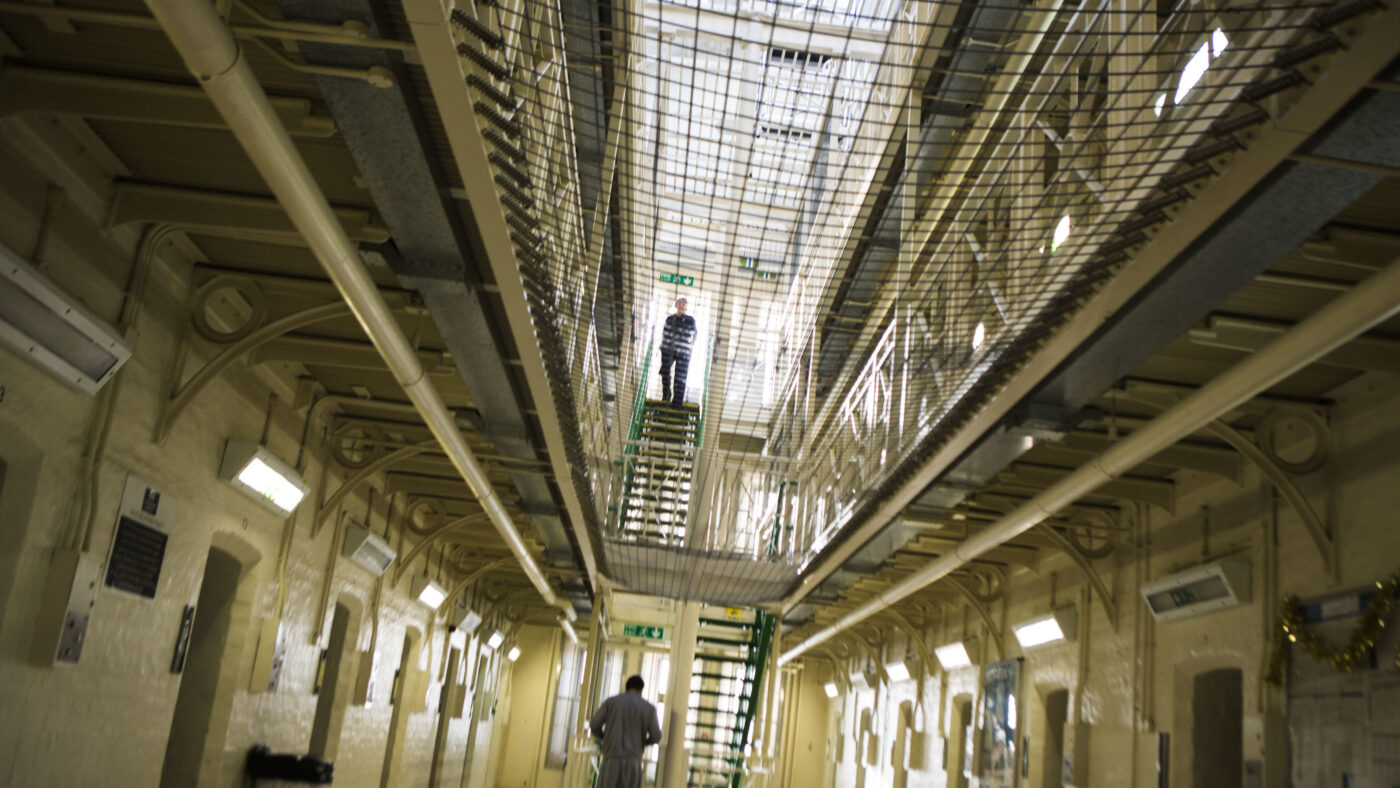Intolerance of criminality is a core tenet of conservatism. Shamefully, 85% of crime is committed by repeat offenders – a tiny, persistent minority who know their actions are wrong, and yet choose to carry them out anyway. It is correct therefore to punish and deter those who’s actions blight communities – and this sets us apart from our Labour colleagues. I was proud to stand for parliament on a manifesto commitment to hiring 20,000 new prison officers and building 10,000 new prison places, and pleased to see the progress made when a further 10,000 prison places were announced in 2021.
Our record since coming to power in 2010 is strong – violent crime is down by almost a half. We’re locking up the most dangerous offenders for longer; average sentences are up and now the most serious criminals are made to serve two thirds of their overall sentence in prison, rather than being let out at the halfway mark – something the Labour Party introduced in power and opposed us on when we changed it.
I welcomed moves by the Prime Minister over the summer to ensure that life really does mean life for the worst killers. It’s hard to disagree that child killers and murderers should be put behind bars for the duration of their own lives.
And to hear that – for the first-time – rapists will be serving the entirety of the custodial term handed down to them by the courts is excellent news. If they get ten years, they serve ten years. This is the justice that voters expect.
But as well as being tough on crime, Conservatives also acknowledge the importance of rehabilitation. Recidivism demonstrates prison is not always effective at addressing the root causes of criminal behavior.
We also agree on operating and governing within the bounds of the way the world really is. We are pragmatic about the limitations we face – confronting that reality instead of living in a fantasy. And it has become all too clear over the last week that our prison capacity is one of those limitations.
As we continue to deliver those 20,000 new prison places – a more ambitious effort to expand our nation’s prison capacity than any other government in the last 100 years – there are clearly still capacity problems, thanks both to our harsher sentencing and the long tail of the pandemic.
Clearly something has got to give. Reports last week that judges were asked to potentially delay the sentencing hearings for those on bail because of prison capacity issues were concerning to all who care about public protection. Not because ‘rapists were walking free’, which has been falsely claimed by the Labour party, but because of what it indicates – limits to prison capacity having an impact on the wider justice system.
Something has to change. Clearly we must create space in our prisons in a safe way – for example removing foreign national offenders promptly and more efficiently, from our prisons and out of our country.
It also means speeding up the building of new rapid deployment cells wherever possible and using new technology available to us to make community service tougher, and more effective. Rather than just relying on tags that could tell us if an offender is at home or not, we now have GPS tags that can track an offender’s whereabouts and ensure they never enter an area they have been specifically excluded from by court order or licence requirement. There are even alcohol monitoring tags that can track the sobriety of the wearer through their sweat – so probation officers can track if they’re keeping to their sobriety requirements, rather than just taking their word for it.
The Justice Secretary’s statement to parliament yesterday had that clear eyed view of reality. I support moves to make sentences served in the community more effective and where appropriate, make greater use of advanced tags. There is plenty of evidence that this can be a much better way of dealing with first-time, lower-level offenders and enhance rehabilitation without compromising safety. Embracing this technology means that those who have wronged their communities can now be put to work and focus on making amends without an opportunity to repeat their mistakes. I’m sure there are many other MPs and councillors across the country, who like me know of hard working community groups doing swathes of jobs – cleaning, clearing, painting, scrubbing public spaces and assets for example – that they would appreciate help with. I will certainly be submitting ideas to community payback and would encourage others to do the same.
Crucial to this is that where we and other countries already do this, we have the proof it does cut crime. Whereas the overall reoffending rate is 25%, down from over 30% in 2010, the figure for those on sentences under twelve months is 55%. And evidence shows that the one-year reoffending rate following prison sentences of less than 12 months was four percentage points higher than if those individuals had been put to work in service of the community – when comparing similar sentences.
The most dangerous offenders should always be locked up. And it should not be an easy time. The purpose of prison is to punish the offender and protect society. But as we continue to expand the prison system, we should not lose sight of the effective alternatives that enhance the liveability of communities.
After all, it is to serve those communities that our justice system exists.
Click here to subscribe to our daily briefing – the best pieces from CapX and across the web.
CapX depends on the generosity of its readers. If you value what we do, please consider making a donation.


